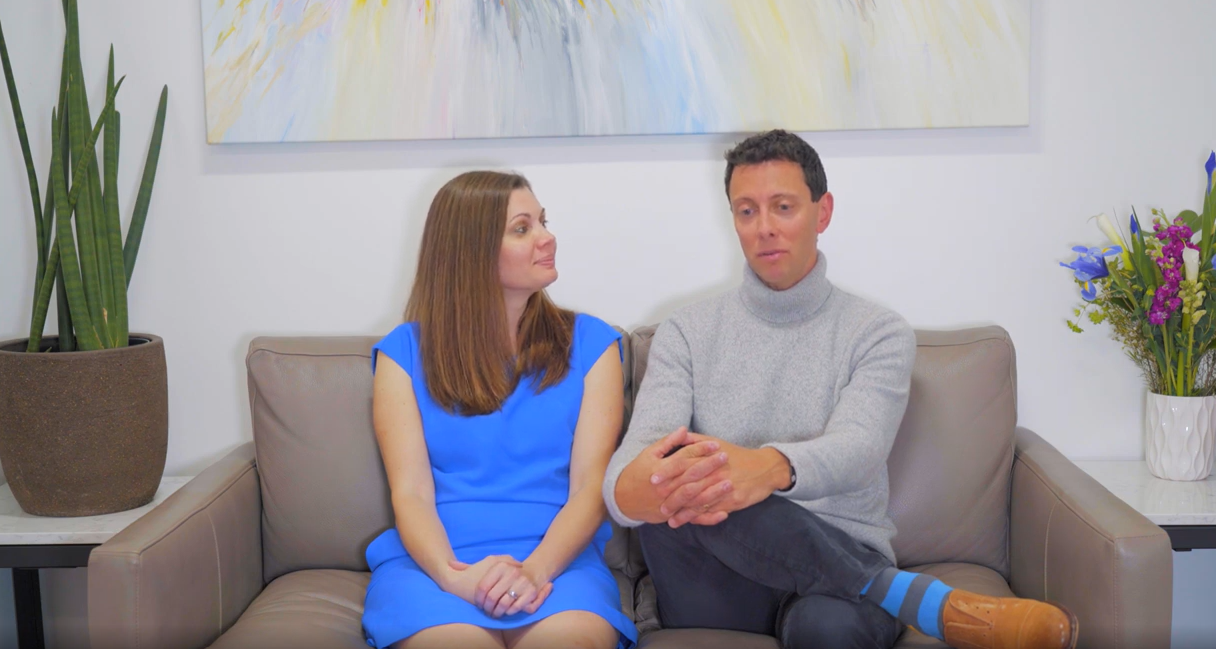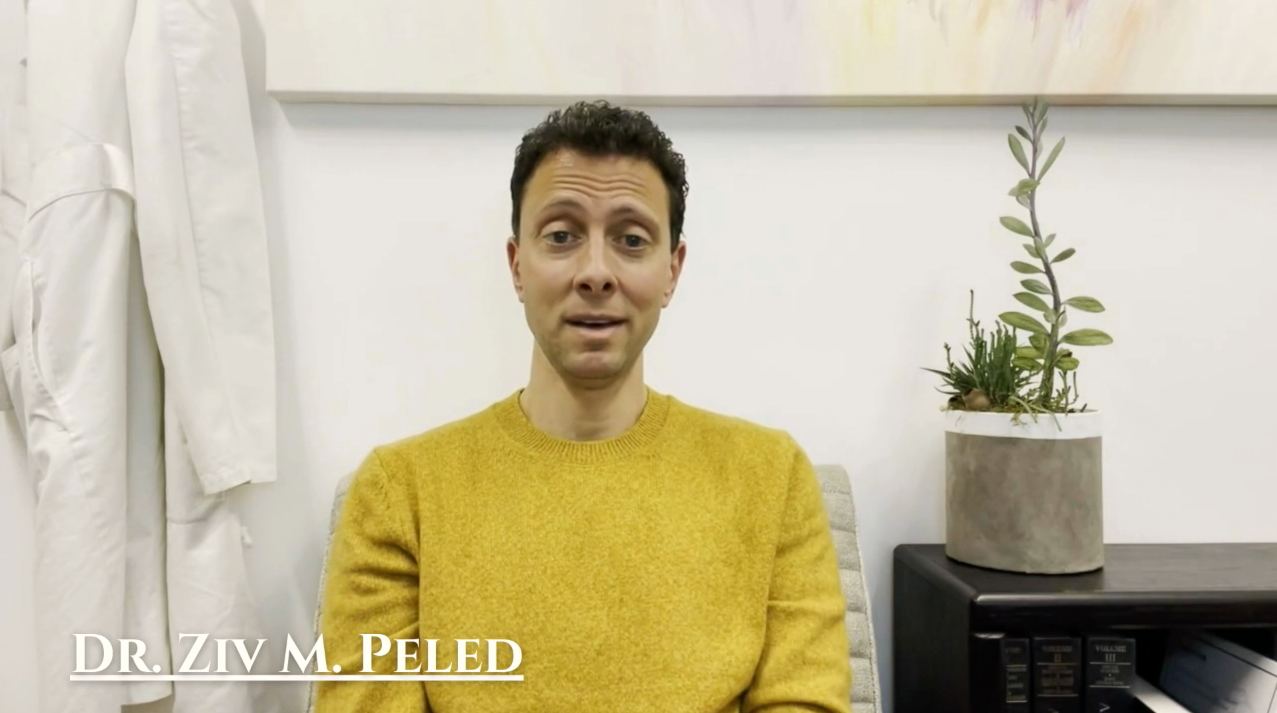After Anne Peled, M.D. was diagnosed with breast cancer at 37, she carefully weighed all of her options and opted for a lumpectomy rather than a mastectomy, in large part because of having to face the prospect of losing sensation if she opted for a mastectomy and implant reconstruction. As a result of this experience, she and her husband Dr. Ziv Peled (a peripheral nerve and plastic surgeon) began to discuss ways in which they could use their combined, highly specialized skill sets to preserve and restore sensation during mastectomies and implant breast reconstruction. They are now performing sensation preserving mastectomy procedures as well as nipple-sparing mastectomies to patients. They have developed a technique for preserving and grafting nerves that are typically injured during mastectomy. This approach is often performed in combination with nipple-sparing mastectomy and implant breast reconstruction.
WHO IS A CANDIDATE FOR SENSATION PRESERVING MASTECTOMY?
Sensation-preserving mastectomies can be offered to those who are diagnosed with breast cancer or those who are at high risk for future breast cancer and are considering prophylactic mastectomy. Sensation preservation at the time of mastectomy involves saving nerves when oncologically safe (meaning the nerves run in the fatty tissue layer beneath the skin) and/or reconstructing nerves that need to be cut during the mastectomy (meaning they run through the breast tissue and do not stay in the fatty tissue layer).
Each person’s situation is unique, so an evaluation to determine if they are a candidate for sensation-preserving mastectomies, as well as if a nipple-sparing mastectomy is right for them and the best choice for their reconstruction, is key to coming up with a final surgical plan. Dr. Anne Peled and her team see patients in-person and through virtual consultation (link to inquiry form) to discuss options and take patients through their surgical journeys.
WHY IS THIS PROCEDURE SO CRITICAL AND UNIQUE?
WHAT ARE THE RESULTS?
Drs. Anne and Ziv Peled were the first to publish data about this type of surgery. They have found that over 80% of women have sensation that is similar to what they had before surgery, with many women reporting that they often forget they even had mastectomies and reconstruction surgery because their reconstructed breasts feel so much like their breasts prior to surgery.
A sensation-preserving double mastectomy and implant reconstruction takes about three to four hours of surgery, with a one-night hospital or surgery center stay. For recovery after surgery, most women can return to their daily lives and activities within two weeks, with complete recovery in most cases in four to six weeks.
MEMBER OF




SCHEDULE A CONSULTATION
We provide a range of emergency, medical, general, residential, and community health services.



